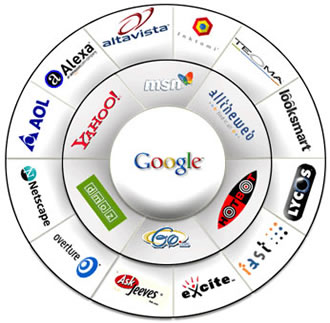
Social gaming is normally referred to playing games in a social interaction setting online, as apposed to playing games online alone. There are many types of social games that one can play online, some types of games are: social casual games, board games, role playing games and alternate reality games. I was surprised to find statistics online that say females are a majority of the people who play social games as apposed to men. One survey found that 55% of social gamers are female and 45% are male. Females are more avid gamers, too; 38% of females said they play multiple times a day, but just 29% males said the same.
A big platform for where these social games are played is Facebook. I guess it is not surprising since it is one of the largest social networks and people would be much more comfortable playing with friends. The three largest developers on Facebook for Social games are Zygna, Playfish, and Playdom. The largest social gaming application used by Facebook users is Farmville at 61 million people. What I found more surprising is the amount of money that can be made with these applications. Zygna is reporting around $100 million in revenue for the year from Facebook applications.
The economics behind the social gaming industry is fascinating. When it comes to video games the cost of development is in the millions and the game has to be a blockbuster for the developer to make a profit. In a the social gaming industry the cost of creating such a game is in the hundreds or thousands of dollars and can make a profit very easily and quickly. I believe that social gaming will stay a thriving industry because of its business model and it can have a very big role to play in the marketing process for companies because of the demographic it pulls in.
You can find two of my comments on recent posts of people who blog about social gaming by clicking the following links: Comment 1 and Comment 2.
Who’s Playing Social Games? [STATS]
Biggest Social Gaming Applications By Number of Users
Has Social Gaming Peaked On Facebook?
Why The Economics Of Social Gaming Are So Attractive To Investors
What Exactly are Social Games?





